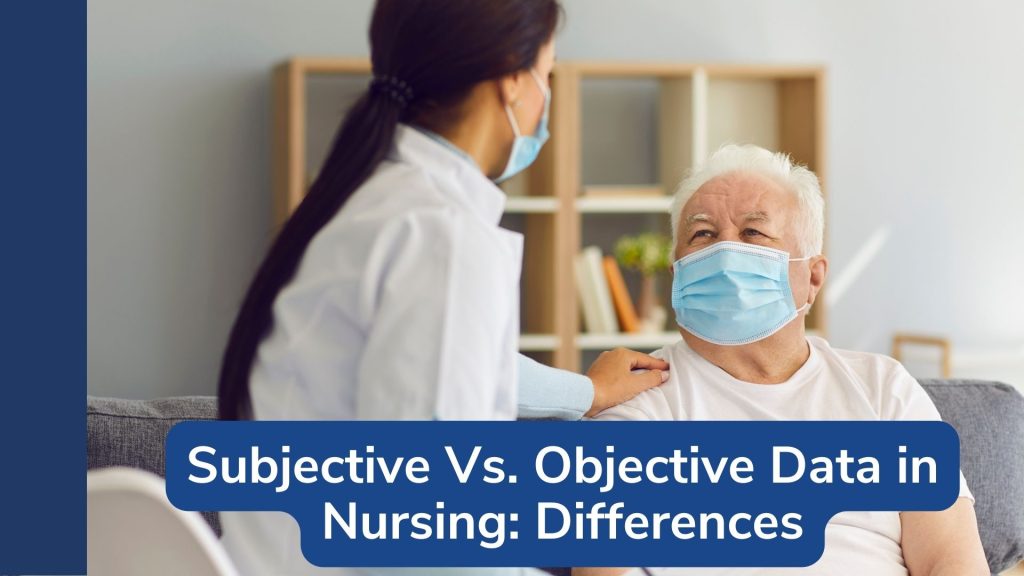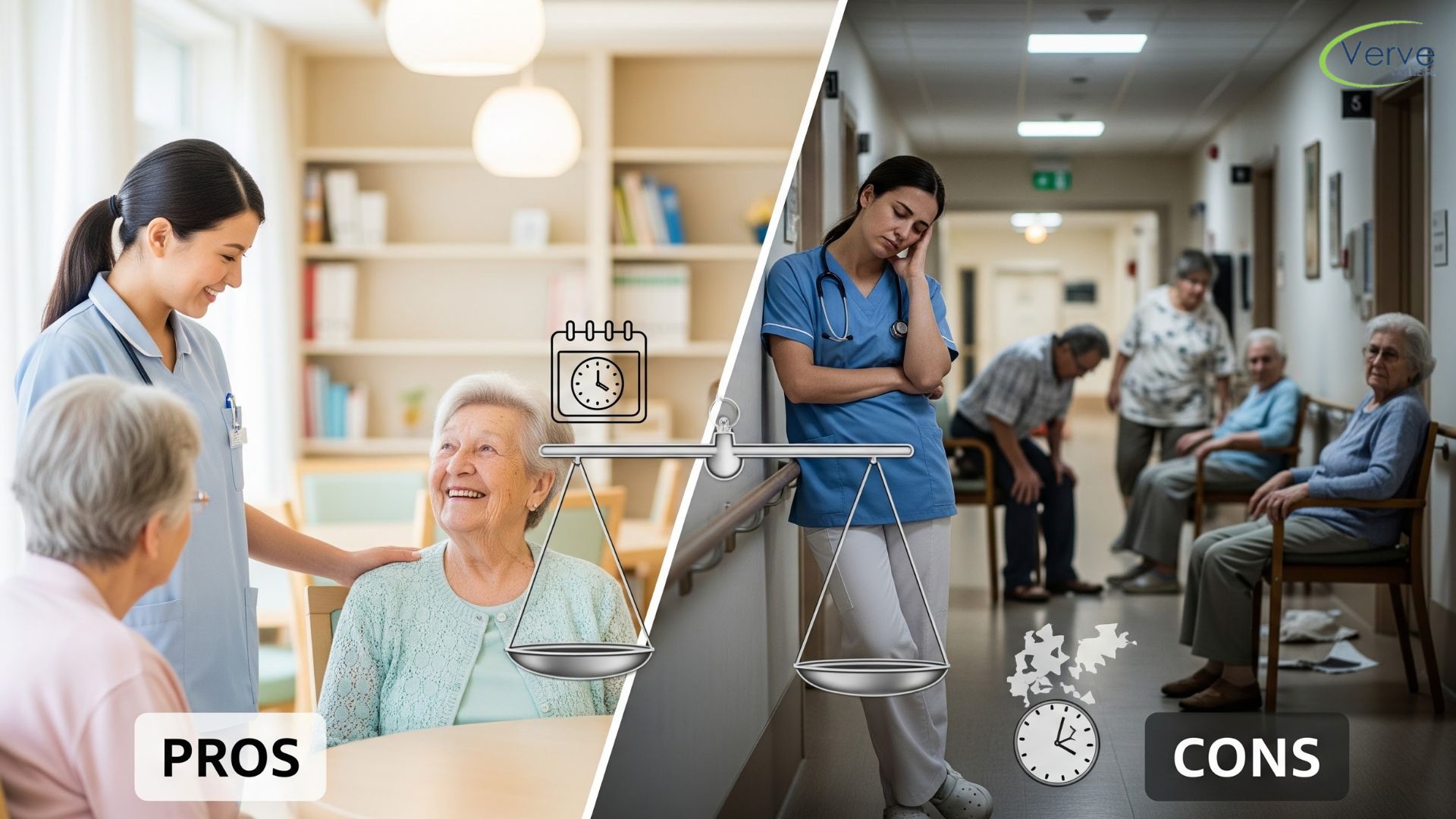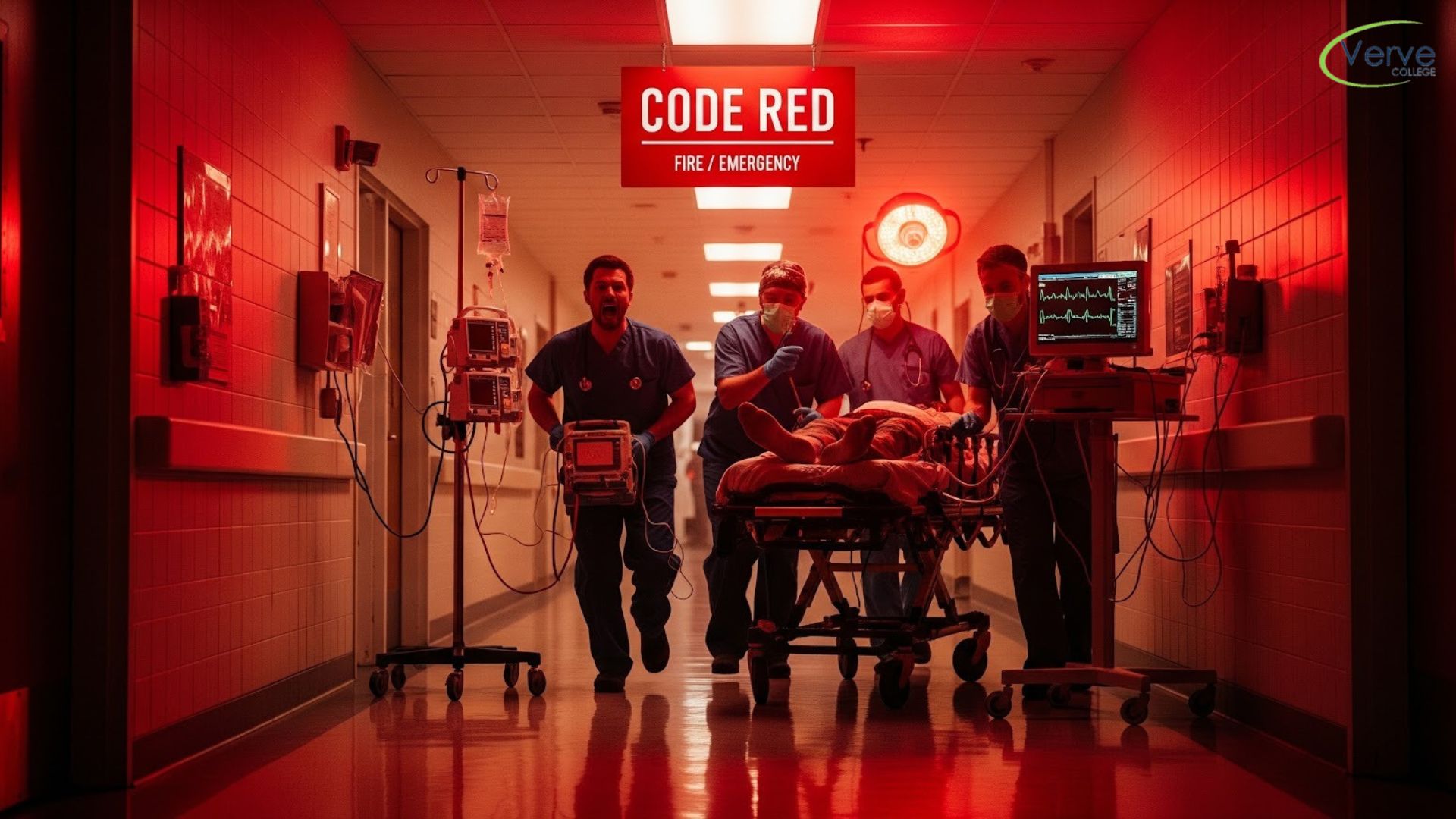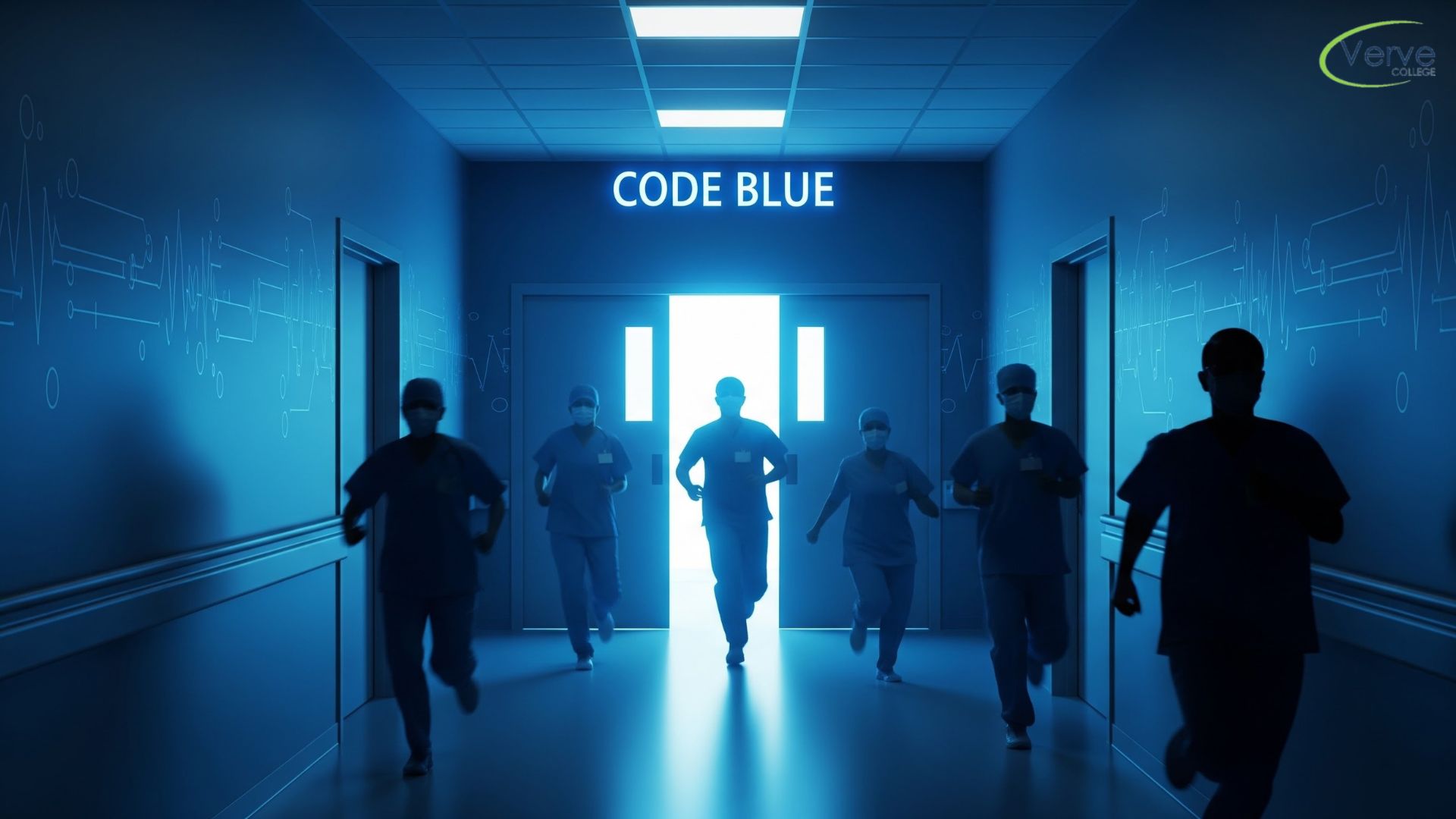- Oak Brook:(630) 705-9999
- Chicago:(312) 920-8822
- Email:inquiry@vervecollege.edu
- Make a Payment
- Home
- Programs
- Admission
- Resources
- ATI Entrance Exam Resources
- New E-Digital Library
- Refer a Friend
- School Newsletter
- Events
- Employers
- Job-Network
- Alpha Beta Kappa Candidates
- Verve College Library
- Graduation and Pinning Ceremony Photo Galleries
- Textbook Information
- Career Services
- Tutoring
- School Catalog
- FAQ
- Constitution Day Program
- Alumni
- Verve College Plans
- Financial Aid
- HEERF Reporting
- Satisfactory Academic Progress
- Apply For Financial Aid
- Net Price Calculator
- Return of Title IV Funds (R2T4)
- Financial Aid Office Code of Conduct
- Contact
- FAQs
- Verification Policy
- Vaccination Policy
- Student Right-to-Know Act
- Misrepresentation
- Information Security Program
- Academic Award Year
- Availability of Employee
- Cost of Attendance
- Health & Safety Exemption Requirement
- Students Rights and Responsibilities
- Leave of Absence
- Pell Formula
- Military Students
- Grants/ Scholarship Policy
- Contact Us
- Testimonials
- Blog
Is a Nursing Career Right For You?
Take The Free Quiz
Subjective Vs. Objective Data in Nursing: Differences
Subjective Vs. Objective Data in Nursing: Differences
Why do nurses need to understand the differences between subjective and objective data? Each data type has its strengths, essential to the clinical narrative. It is important to understand the difference between subjective and objective data in nursing, not just for charting but to communicate with other health care team members. This understanding is also for those who want to become a licensed practical nurse with nursing courses in the United States of community college.
What is Subjective Data?
A person’s clinical experience, opinions, or preferences influence subjective data. These types of data are often described in qualitative (nonnumerical) terms. This data type can be interpreted in many ways and will change depending on the person who tells it even in residential care facilities. These qualities don’t make the data any less valuable. Subjective data often provides essential context and detail to objective data.
What is Objective Data?
Data that is objective cannot be interpreted. The same results should be obtained regardless of who measures or collects the data. Although only sometimes accurate, data can be numerical. Overall, objective data does not vary depending on the observer or context in which it is collected. Let’s understand the difference between subjective and objective data in nursing.
Difference Between Subjective and Objective Data in Nursing
In nursing, objective and subjective data are described by “signs” versus “symptoms.” In nursing, accurate and personal data can also be characterized by “signs” or “symptoms.”1 The signs are the data the nurse collects during a patient assessment. This includes vital signs, visual inspections, auscultations, lab tests, etc. Signs are data that a healthcare provider can objectively confirm. Another healthcare team with the same training and skills may come to the same conclusion. There is a subjectivity to physical assessment (describing edema in terms of 2+ or 3+). Still, there should be general agreement among nurses with similar training.
Related:- Impaired Comfort Nursing Diagnosis: Assessment and Interventions
Symptoms are the things that elderly patients tell us they feel. Symptoms are significant for clinical evaluation but can be challenging to confirm objectively. An accurate objective assessment requires a detailed health history of the patient. Most of these data are subjective.
Subjective and Objective Data Examples
Psychiatric nursing is one in a wide variety of healthcare settings that heavily rely on subjective data. The nurse relies heavily on what the patient says about their thoughts and feelings. These data can be complemented with objective data. The patient might tell the nurse they are depressed in a clinical setting. The nurse who got proper learning from nursing degrees in illinois & get an LPN license can supplement this subjective information with accurate data, such as the fact that the patient speaks in a monotone, slow voice and does not make eye contact with her. The licensed nurse may also inform the team that the patient is not eating and hasn’t been up from bed for the past few days. Instead of just writing that the patient is “depressed,” the vocational nurses can describe objective data that are more informative for the rest of the medical care team. These are the subjective and objective data examples in brief.
How Do Subjective and Objective Data Differ?
Which is more valuable to clinical practice? Although the biomedical model prioritizes objective data, subjective data can provide insight into patient experience in healthcare facilities. Clinical nurses must, therefore, integrate objective and subjective information into a coherent clinical picture. Personal data can be used to gain context and detail about the clinical story. Accurate data, on the other hand, adds specificity and certainty. Both subjective and objective data can be helpful in nursing practice for practical experience and should be combined. Enroll at vocational schools of hybrid practical nursing program (LPN programs) to learn advanced practice now!
 Sign up
Sign up Login
Login




